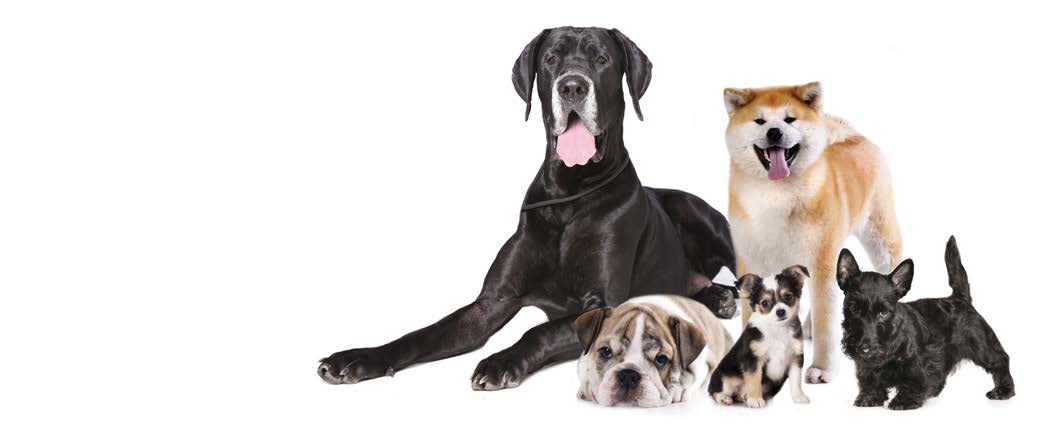“Look at all the variations of dogs around the world! And they are constantly changing! That proves evolution, right?!” Wrong.
Of course, animals change; no informed, reasonable person argues they don’t. Dogs make different dogs, cats make different cats, elephants make different elephants, etc. This is exactly what the Bible teaches when it says God made animals according to their kinds and then told them to reproduce. And since the fall of Genesis 3, natural selection and mutations are the primary engine that drives the change observed today.
But can natural selection and mutations lead to “molecules-to-man” evolution? Changing a fish into a dog, a dinosaur into a bird, or an ape into a man? In order for them to make this kind of change they must add brand-new, specified, complicated genetic information. Do they? Here’s a quick look at natural selection [which was originally developed by a Christian, by the way, years before Darwin] and mutations.
Natural Selection is probably best known by the phrase, “survival of the fittest.” It is a name given to a process when certain individuals with certain traits survive better in a given environment and pass on those traits to the next generation. For example, let’s say a group of dogs with genetic information for long, medium, and short fur moves to a cold environment. After a while, the dogs with medium and short fur will either freeze and die or move away. Thus, only the dogs with the genetic information for long fur will be left in that environment. They will then pass that trait on to their offspring, and eventually all the dogs in that cold environment will have long fur. This is why animals change!
That’s natural selection. Notice, dogs are still dogs, and the end result of the process is less genetic information since they lost the information for short fur.
• Mutations are mistakes within the genome that occur when genetic information is damaged or changed (e.g., six fingers on a person or cancer). Although many are classed as neutral (don’t change proteins much), these random and rare mutations are extremely harmful and very often lethal. Mutations are neutral at best but usually detrimental— this is why people (including evolutionists) do not go stand in front of an X-ray machine. It causes bad mutations quickly.
Bottom line, mutations rearrange, destroy, or delete existing genetic information, but based on observations, they do not add new genetic information required for evolutionary changes. Animals change based on Natural Selection caused by genetic survival pairs!
All that is ever observed through natural selection and mutations is a mixing or loss of already-existing genetic information. Regardless of how much time you give them, these processes cannot lead to “goo-to-you” evolution because no matter how you slice it, losing is not gaining.
 Loading Page...
Loading Page...



